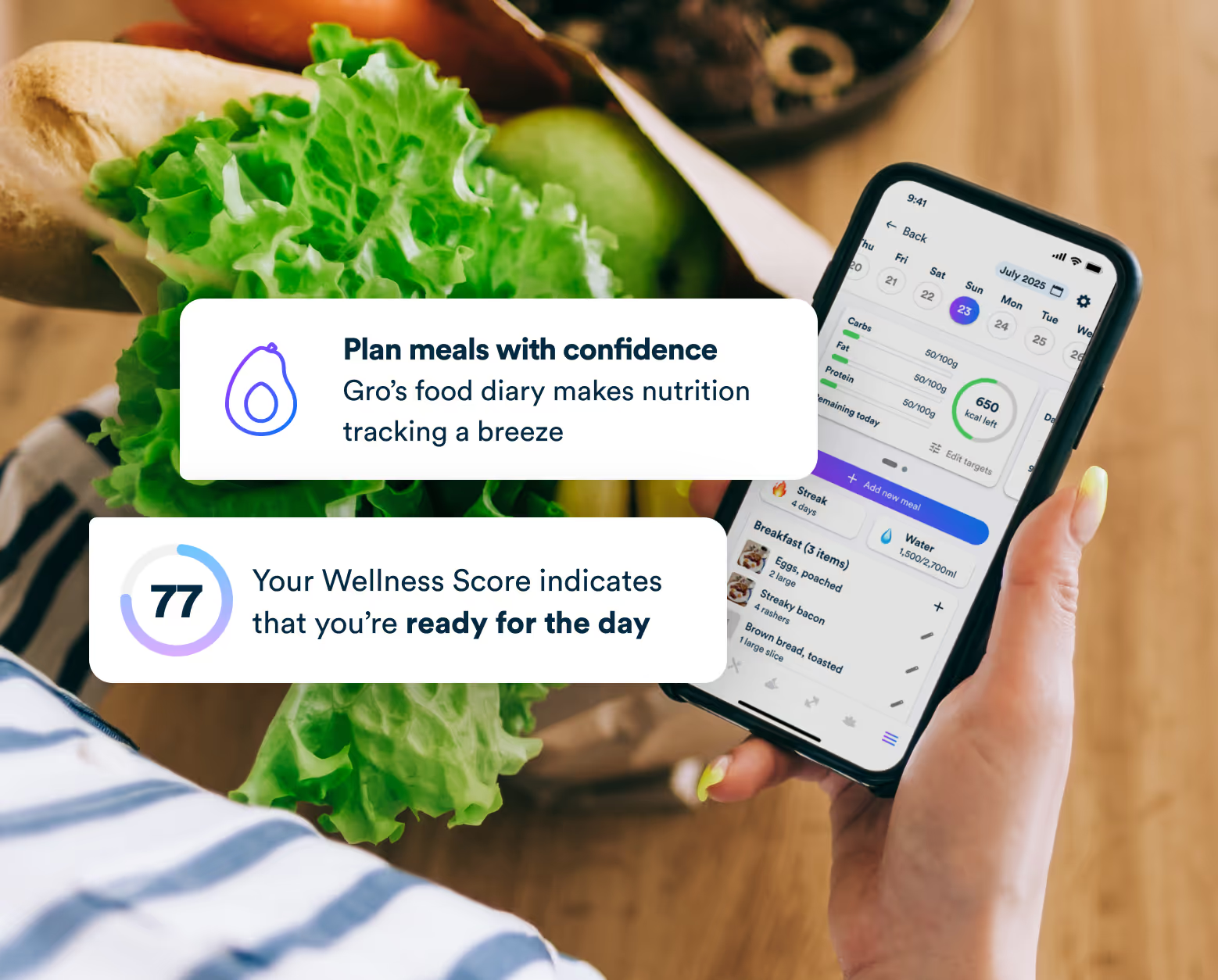Getting enough good quality sleep is important for our health and wellbeing. Lack of sleep is associated with several unfavourable health effects, including decreased concentration, weakened immunity, weight gain and high blood pressure (1). Sleep deprivation also increases insulin resistance, impacting our ability to manage blood glucose levels. Thus, when it comes to metabolic health, sleep can be considered as important as diet and exercise.
Unfortunately, many of us fail to get the recommended 7-9 hours of sleep every day, and this may be partly due to our lifestyle choices. Indeed, some of our daily habits can hinder our sleep quality. This article discusses five common behaviours that may be preventing you from getting enough shut-eye.
Using screens before bed
Our daily sleep pattern is determined by circadian rhythms, which are biological clocks that give our bodies a general idea of what time of the day it is. One major determinant of our sleep-wake cycle is light exposure. When we encounter light, our brains prevent the release of the sleep hormone melatonin, helping us feel more alert throughout the day. As it gets darker in the evening, melatonin production increases, peaking in the middle of the night (2).
Our brains are especially sensitive to blue light, which is omitted from the screens of our electronic devices. Exposing yourself to screens too close to bedtime can impact melatonin production, making it more difficult to fall and stay asleep. For this reason, it is better to limit our screen use at least 2-3 hours before bed. Instead, aim to partake in relaxing activities such as meditation, yoga, reading or drawing to unwind prior to going to bed.
Eating before bed
Similarly to light exposure, our eating patterns also serve as prompts for our circadian rhythms (3). Our bodies prefer to metabolise food during the day, and the hormones released after we eat compete with our sleep hormones. Eating too close to bedtime can thus prevent melatonin from properly carrying out its functions, making it more difficult to fall asleep. It can also cause indigestion or heartburn, impacting your sleep quality.
Having an irregular sleeping schedule
Our bodies thrive on routine, and that’s no exception when it comes to sleep patterns. Waking up at the same time in the morning and going to sleep at the same time at night reinforces our circadian rhythms, strengthening our sleep-wake cycle. However, many of us go to bed and rise later on weekends, which can impair our ability to fall asleep during the week. This discrepancy between weekday and weekend sleep patterns, known as social jetlag, has also been linked to increased cardiometabolic risk (4).
Caffeine
Fond of coffee? Unfortunately, drinking too much of it can prevent you from getting a good night’s sleep. Coffee, as well as black and green tea, certain soft drinks, energy drinks, and chocolate, are sources of caffeine, which prevents the chemical adenosine from making you sleepy. While the energy boost is most intense during the first hour from consumption, the half-life of caffeine is up to 6 hours, meaning it would take 12 hours for it to be fully eliminated from the body (5). For this reason, caffeine should be avoided after midday, as consuming it too close to bedtime can impact your ability to fall asleep.
Alcohol
Alcohol consumption is not only associated with many adverse health outcomes but can also disrupt our sleep. Consuming alcohol increases adenosine production, making us feel more tired. However, this effect wanes rather quickly, so while falling asleep after a few drinks may not be an issue, it may impact our sleep quality by causing us to wake up more throughout the night (6). Alcohol consumption should be limited for better sleep, especially closer to bedtime.
Want to know more about the health benefits of sleep? Make sure to complete the lessons in the sleep category!


